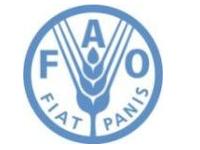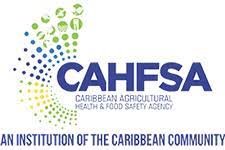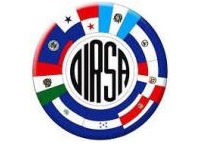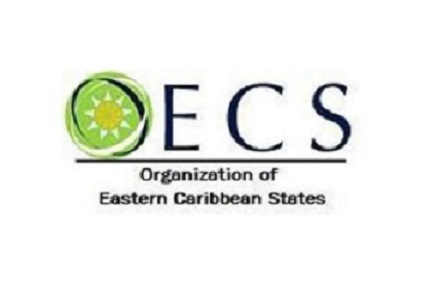The Caribbean islands are linked by sea, land and air space, and the One Health project is an approach to addressing the health of the environment, people, animals, and plant life. One Health is a shared vision that can be used to identify strategies to sustain the One Health community and integrate a One Health framework beyond the One Health, One Caribbean, One Love Project.
The Caribbean islands are highly susceptible to climate change. Our islands are the world’s most tourist-dependent region. Our combined history has been tied to the seas around us, in which our socio-economic stability depends on the thriving and secure relationships between our people and our environment. Climate change opens the door to more serious challenges like severe tropical storms and hurricanes, rises in sea levels, water shortages, environmental pollution, chronic illnesses linked to improper nutrition, loss of fisheries and increases in mosquito-borne illnesses. The One Health programme is recognized by many agencies in the region to effectively deal with these challenges and others. In working together by sharing our resources and expertise, we can find better urgent and better solutions.
The “One Health, One Caribbean, One Love” project was implemented by the University of the West Indies (UWI) with collaborating partners such as the Inter-American Institute for Cooperation on Agriculture (IICA), Pan-American Health Organisation (PAHO) and World Health Organisation (WHO), Food and Agriculture Organisation (FAO), French Agricultural Research Centre for International Development (CIRAD) and the Ministries of Agriculture of Guyana, St. Kitts and Nevis and Grenada. It was funded through the European Union (EU) from the ACP Science and Technology Programme (S&T II), and was supported by the European Union under the 10th European Development Fund – Sanitary and Phytosanitary Measures (SPS) Project, executed by the Inter-American Institute for Cooperation on Agriculture (IICA).
The One Health continues to focus on improving national, regional, and international emergency preparedness and response as well as incorporating a unique health approach using natural and environmental resource agencies. The implementation of the One Health programme is expected to help alleviate food insecurity for the most vulnerable populations within five years (2020 – 2025). It will be achieved through the integration of sub-regional, regional, and international organizations.
Read more from our sources below!
Source:
IICA – One Health Leadership in the Caribbean
CIRAD – Caribbean Resilience and Prosperity Through One Health
FAO – Regional One Health approach towards preventing the next zoonotic pandemic in Latin America and the Caribbean













